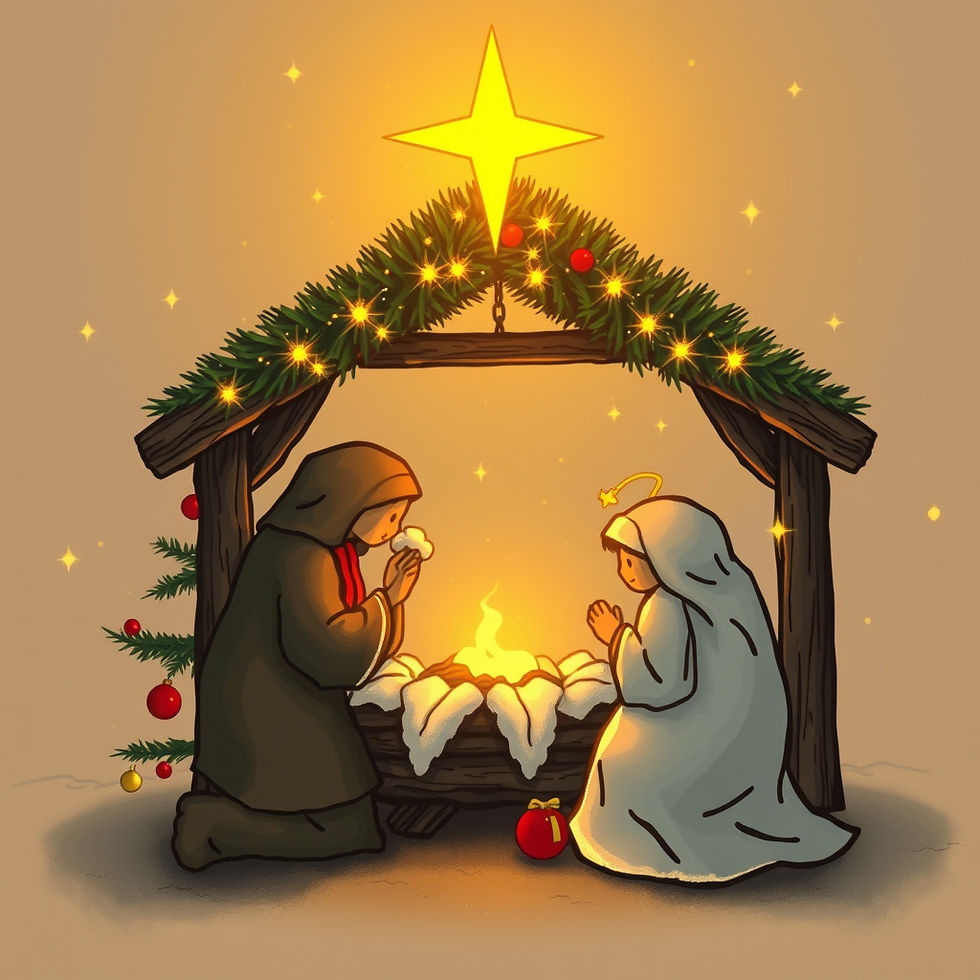Seeing things differently
- Eldon Peterson
- Sep 6, 2018
- 3 min read
Every fall family and student’s routines must change with the start of a new school year. The number of new things can be daunting. From new schools to new teachers to new friends to new classes. New can be fun. It breaks up the tedium. But new can also be overwhelming.
For most children moving to a new school will be hard. While parents may move for new opportunities that come with a new job, our children can be helplessly caught in this “wonderful opportunity” that was forced on them.
This can be even more pronounced when a family moves here from another state. Whether you are a member of the Church of Jesus Christ of Latter Day Saints or not, what I commonly hear from people moving to Cache Valley from another state is that it is different here. Not bad, just different.
Different appropriately describes what many feel. Different means “partly or totally unlike in nature, form, or quality: dissimilar.” The dominance of the LDS church in our community is the leading cause of this difference compared to other areas. Again, not bad, just different. Many of differences here are positive things like the family friendly, warm and safe community in which we live in. This is often very different from where most new residents have moved from.
But different is still different causing new families to feel like an outsider. Longtime residents can be oblivious that this is felt or communicated. Feeling like an outsider can be especially overwhelming for people of faith.
Obviously, the spiritual culture here is different than what our Baptist friend from Texas has experienced. Suppose they moved here from Sherman/Denison, TX, a community of similar size. In the Sherman/Denison area there were well over 200 non-LDS churches compared to about a dozen in Cache Valley. There, because of a shared culture, understanding the meaning of words between faith traditions was somewhat easy. Here, without the shared culture, the different meaning of faith words has made clear communication challenging.
Unfortunately, these differences can cause an “us versus them” posturing. Realizing this, over the past year, I have been trying to find better ways to communicate our faith traditions and words to those who live in a different faith culture. While I can redefine terms to better express spiritual meaning, unless I understand how these words are influenced by worldview my success will be limited.
Worldview is the lenses through which people understand and live life. The two primary worldviews in our culture are called guilt-innocent and shame-honor. Jayson Georges defines these saying that guilt-innocence cultures are individualistic societies where the person who breaks the laws see themselves as guilty and seeks justice or forgiveness to rectify a wrong. Shame-honor cultures describes collectivistic cultures where when people “sin” they feel shame for failing to fulfill group expectations and seek to restore their honor before the community.
Most US Christians have a guilt-innocent worldview and express their faith in personal terms. They use words like journey to describe how their faith began and when they stepped out of unbelief and into belief when challenged by a message or through reading the Bible. They made an individualistic decision for truth with little thought or concern about how this may impact others. The dominate worldview in Utah is shame-honor. We see this in how people commonly express their faith identity as part of a community.
Without understanding another’s worldview I will likely use faith terms and images that make my words difficult to understand. Why? Because they are different.
Understanding between people of faith is difficult because not only is the meaning of their core words different (grace, atonement, God and savior) but the worldview that shapes these words are different too. Understanding the differences in worldview allows us to have meaningful conversations about these differences rather than just about which is right or wrong.
The meaning of the spiritual words that my friend and I use are influenced by how we understand the world. Rather than jumping to conclusions of what each other’s words mean we will be wise to listen, ask and learn.
Uncertain about the importance of these differences? Maybe you remember the Monday night football question, “Are you ready for some football?” Football as the majority of the world defines it or North Americans?
Maybe this fall you will encounter people of different faith traditions and worldviews. Engage them with a desire to learn and understand. The words of truth in the gospel speaks to all worldviews. Seek out the truth and follow it.




Comments